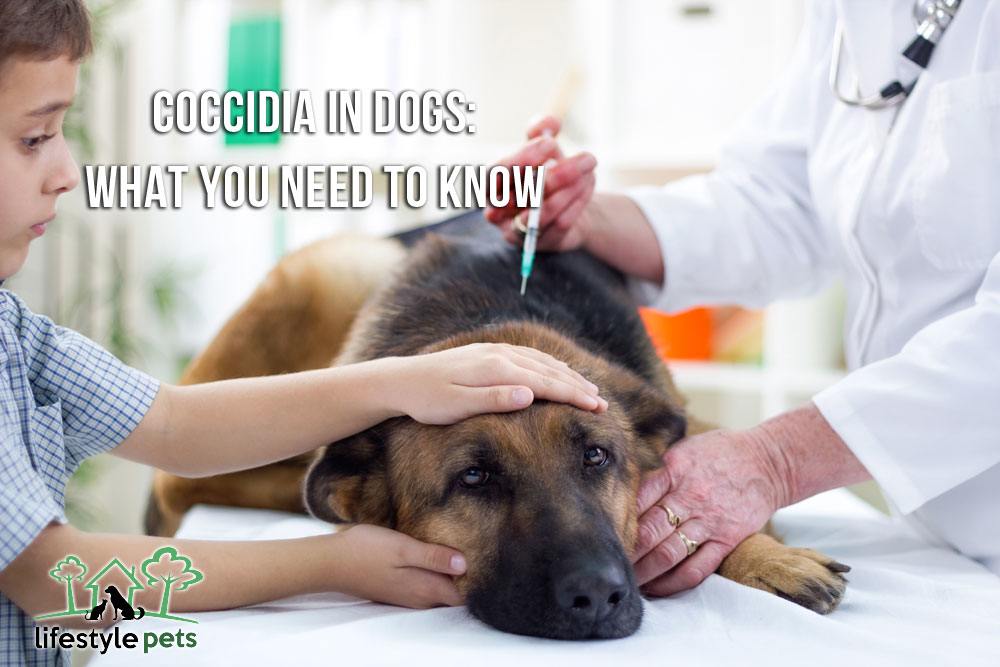
You just brought home your new puppy from the shelter and chances are, you are beyond thrilled. According to the shelter staff, your puppy has been fully vetted: spayed or neutered, current on vaccines, dewormed and free of any disease. Not wanting to cause any stomach upset, you faithfully feed the food they sent home, but even though you take all the necessary precautions, within a day or two of getting your puppy home, he is vomiting and having bloody diarrhea. What gives? Chances are your puppy is suffering from a flare of coccidia.
Coccidia are microscopic organisms that infect the intestines of dogs. They usually only cause symptoms in puppies less than six month of age, and are usually only seen in adult dogs if the dog has a compromised immune system or is under extreme stress, such as in a shelter situation or being rehomed. The most common clinical signs of coccidia are vomiting, diarrhea, and loss of appetite.
Dogs are not born with coccidia, but if their mother has the disease and is shedding infective cysts in her feces, then puppies will accidentally ingest them and become infected. Once exposed, puppies show signs of infection in about 13 days. It is most common in puppies between the ages of 4 and 12 weeks of age. Stress plays a big role in development of clinical signs: you may not think that bringing a puppy into your home is stressful for him, but it is, and infected puppies will often break with diarrhea a day or two after being brought home.
A microscopic exam of feces by your local veterinarian will confirm the diagnosis. Fortunately, coccidia is not transmissable to humans, but it is transmissable to other dogs and cats, so any puppy with a confirmed diagnosis should be isolated from other pets and all feces should be bagged and put in the garbage immediately. Treatment for coccidia is very simply: your veterinarian will give you a medication called Albon in either pill or liquid form, and you will give your puppy medicine once a day for 10 days.
As puppies get older, they naturally develop an immunity to the effects of coccidia. Many adult dogs may carry coccidia in their intestines and shed the organism in their feces, but they don’t show any clinical signs of vomiting or diarrhea because they are immune, so it important to have your dog’s poop checked once a year by your local veterinarian for any sign of intestinal parasites.
Sarah J. Wooten, DVM
Paving new roads to wellness… every day.
Find my work on Life’s Abundance, Vetstreet, dvm360.com, and follow me on Facebook!


